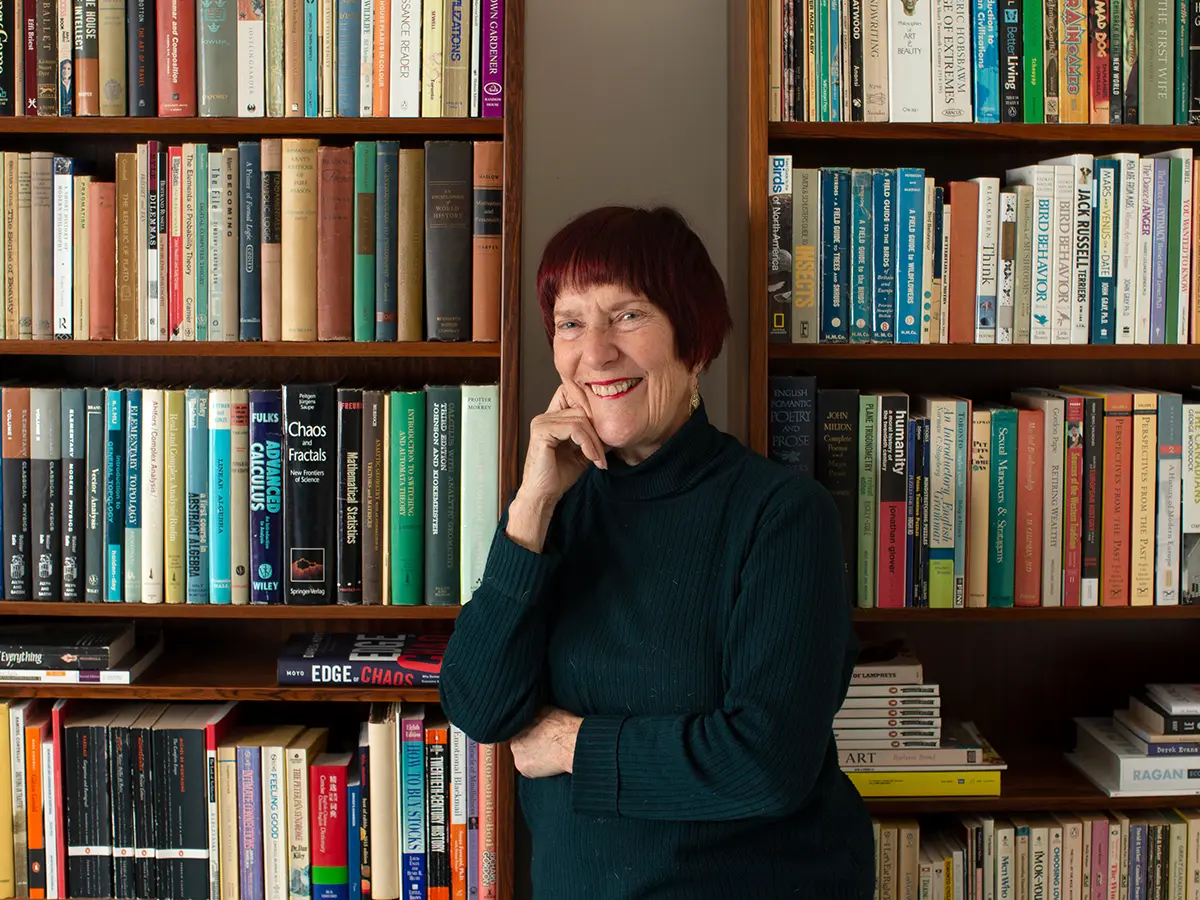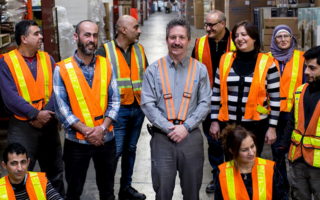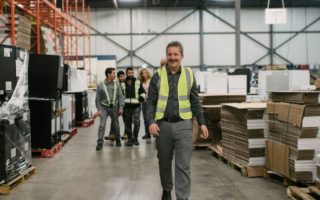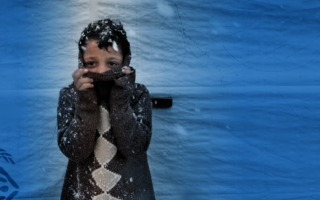
©UNHCR/Chris Young
Ann Atkinson remembers sitting in a darkened movie theatre at just five years old, intently watching the grainy, black-and-white newsreels of refugees fleeing Poland and Czechoslovakia in the aftermath of the Second World War.
“I didn’t know what I was seeing until later,” she says. The long lines of grim-faced people, many carrying their meagre worldly possessions on their backs, had a far-reaching impact on her. Decades later, she became a generous and dedicated regular donor to UNHCR.
The active, newly minted octogenarian and long-time Toronto resident has also decided to become a legacy donor; she is allocating a portion of her Will, specifically stocks and shares, to UNHCR. Atkinson is divorced, with no children, so she has no family obligations to meet.
That doesn’t mean that donors with families shouldn’t consider leaving a gift in their Will, she says, “Even if you do have children, they don’t necessarily need to have everything. I believe it’s better for children not to have too much. We—and they—are fortunate to have been born and live where we do.”
Learning about Africa inspired her donations
Atkinson is highly sensitive to inequalities in the world. After retiring from a 35-year career in information technology, she began taking courses at the University of Toronto, earning a second bachelor’s degree in French literature, and taking courses on political theory and African studies.
“I learned something about Africa,” she explains. “This connected me to my donations, which have targeted the Central African Republic.” She is a knowledgeable and informed donor, able to quote statistics from UNHCR’s website, which outline which humanitarian crises are underfunded.
She believes that despite the geographical distance from regions that need our help, we are all connected.
“I began to learn that we are all [living] in one world. The other countries are not the ‘other.’ They are ‘we’ and we are all together.”
Acutely aware of her good fortune, Atkinson sits in her kitchen every morning, raising a toast with her hot cup of coffee to all of her blessings. “I am thankful for what I have. It was my good luck to be born in North America. It’s not that easy to improve your lot in many other places.”
Leaving a legacy gift is not a daunting process
Atkinson expresses her gratitude in other ways too. She is a veteran foster dog parent, now caring for her nineteenth pooch, a playful pup named Lady. She is involved with other charitable organizations and funds a scholarship on radical political theory at the University of Toronto.
Leaving a planned gift in your Will is easy and a lot less daunting than people might think, Atkinson says. It can reduce the tax burden, and it won’t affect current finances. It also allows you to leave a lasting legacy in helping people to rebuild shattered lives.
Experts recommend that, after discussing your wishes with your loved ones, you should consult your financial planner and/or lawyer. The result is well worth it: “Do it because it will make you feel good about yourself,” Atkinson says. “It’s a really good feeling.”





